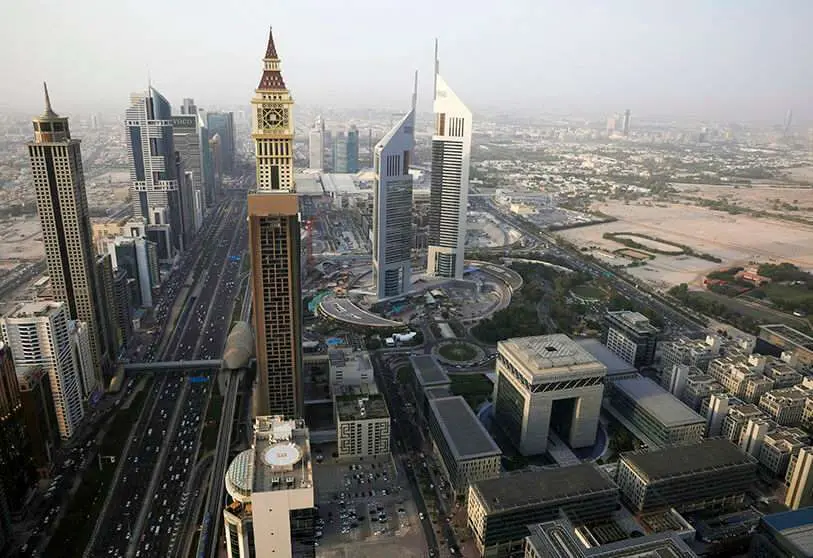Emirati growth in 2021 opens up export opportunities

After a deep GDP contraction of 7% in 2020, the UAE economy is on the road to recovery. Domestic demand is benefiting from expansionary fiscal policy and a faster roll-out of the coronavirus vaccine than in most other countries. Export earnings are helped by the rebound in the world oil price and the phasing out of OPEC+ oil production cuts. Crédito y Caución expects the UAE's GDP to grow by 1-3% in 2021, depending on the evolution of vaccination and the containment of the pandemic.
The UAE is one of the Gulf States that has achieved the greatest diversification of its economy. Currently, non-oil sectors account for 74% of GDP. It is also one of the most attractive foreign investment destinations in the Middle East and North Africa and an important regional hub, with re-exports accounting for almost 50 per cent of total exports. Ongoing legal reforms and excellent infrastructure place the UAE in a good position to further boost non-oil industries, such as tourism, renewable energy and financial technology. The diversification process offers trade opportunities for exporters of high-tech products, as demand has increased steadily over the past two years. At the same time, import demand for pharmaceuticals, telecommunications equipment, electrical machinery and foodstuffs remains strong.

Despite the ongoing recovery, business performance remains weak and credit risk in several sectors elevated, especially in Dubai. Business activity in the non-oil private sector as a whole is expanding, but construction, services and manufacturing have yet to recover. Real estate and construction continue to struggle with overcapacity and their recovery is quite uncertain. Before the pandemic, in a context of modest growth and lack of projects, they presented increasing liquidity difficulties and tight margins especially among smaller players. Full recovery of tourism, which accounts for 16% of GDP, will still take some time.
The Dubai World Expo could help revive the sector, depending on the pace of implementation of global vaccination and the lifting of travel restrictions. Bank delinquencies have risen among businesses and consumers and asset quality could weaken further due to the end of loan deferrals and high exposure to real estate, which accounts for 20% of total credit. However, the financial sector should be resilient enough to face these challenges.

Despite the ongoing diversification of the economy, government revenues remain almost 50% dependent on hydrocarbon revenues, with a fiscally breakeven price of USD 70 per barrel. The state oil company continues to invest heavily in the hydrocarbon industry to increase oil production from four to five million barrels per day and expand downstream operations.
Public debt increased to 78% of GDP last year, up from 61% the previous year, but debt sustainability risk is manageable. Sovereign wealth funds, estimated at 290% of nominal GDP, provide a large financial cushion that will allow a gradual resumption of fiscal consolidation in the coming years, bringing public debt back to its pre-crisis level around 2025.








